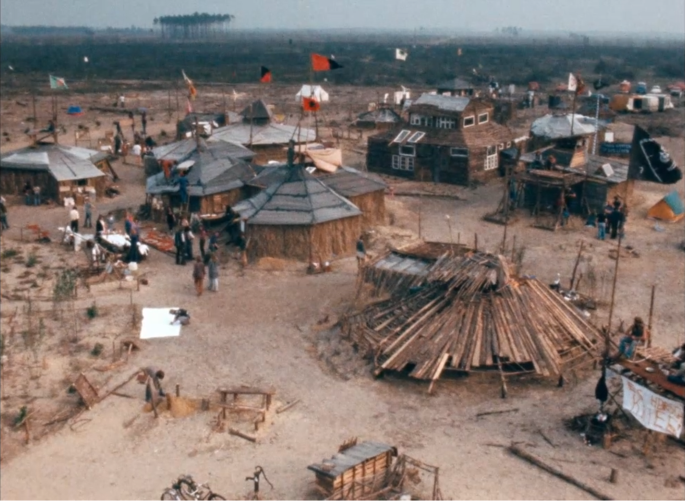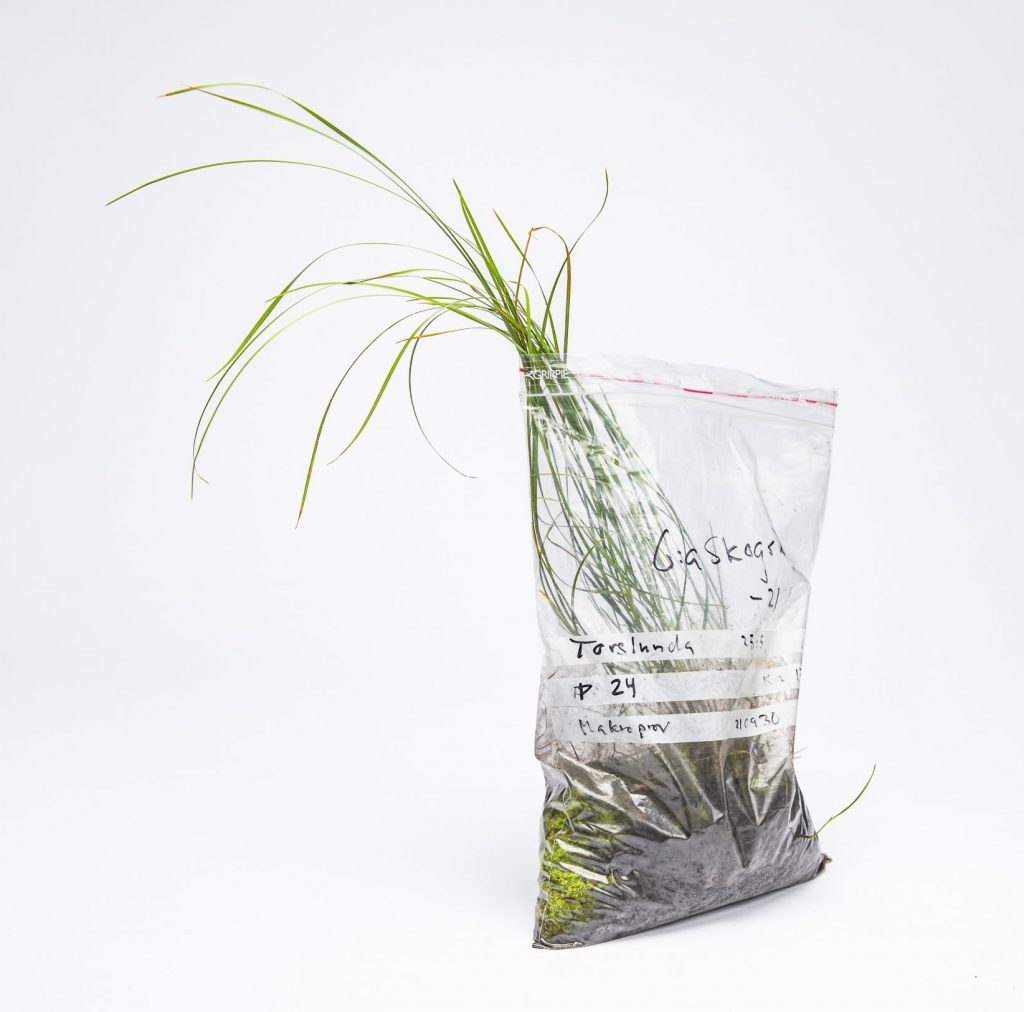Attila Dézsi published one of the most challenging and insightful articles coming out of German archaeology in recent years.
His archaeological excavation and study of the 1980 Gorleben Peace Camp, which is also the topic of his PhD research at the University of Hamburg, offers a critique of the current interest in Dark Heritage and the popular denouncement of the destructive character of contemporary capitalism. Dézsi calls instead for a much stronger appreciation of the “common heritage of hope and the power of collective action,” for “[i]t is not only destruction to which archaeologists should draw attention, but also to the past efforts of many peoples who opposed this destruction and violation.”
The Gorleben antinuclear protest village, also known as Republic of Free Wendland, was an iconic site for the German environmental movement during the 1980s. It was directed not only against the building of the nuclear waste depository nearby but also against the nuclear society and the entire capitalist system behind it. Dézsi’s research documents that the camp was partly about outspoken protest but primarily it was a collective “cry for an alternative future based on human dignity.”
The archaeological site of the village created by its inhabitants reveals an approach to the future that may be described as prefigurative: in the Republic of Free Wendland, a better future was lived already (see image below, taken from the paper, click for source and credit).

The archaeological excavation Dézsi directed showed in all lines of inquiry that “the creation of a community, socializing, and enjoyment was much more prevalent than specific manifestations of protest or resistance.”
Sites like the Republic of Free Wendland, Dézsi argues, “provide inspiration and give us the ability to grasp that alternative actions and solutions are neither impossible, nor require specialist equipment and materials – everything we need is there.”
His work also shows how the future can be addressed by an archaeology studying the past. It is not only the heritage we preserve that may provide tangible benefits of future generations, but also our very understanding of human lives in the past, including the recent past which some of us will remember. Dézsi’s research paper, which is available in open access at the link below, shows that alternative futures have always been possible.
Dézsi, Attila (2023). You May Destroy This Village, But You Cannot Destroy the Power Which Created It. International Journal of Historical Archaeology (pre-print online publication).





[…] The new funding for this and a number of additional smaller projects, means that the Climate Heritage Network is…
[…] Chair on Heritage Futures « Culture, cultural heritage and COP26 […]
[…] mer på Unescoprofessurens blogg http://blogg.lnu.se/unesco/?p=1061 Besök Öland 2050! […]